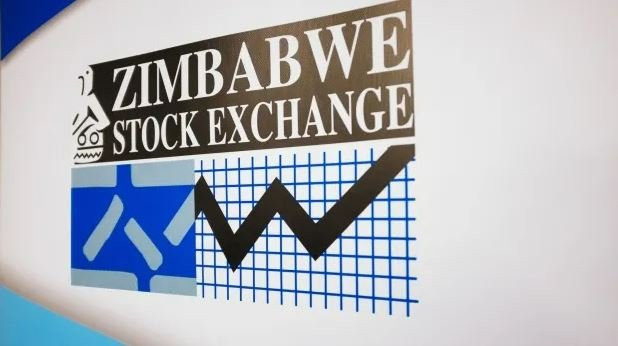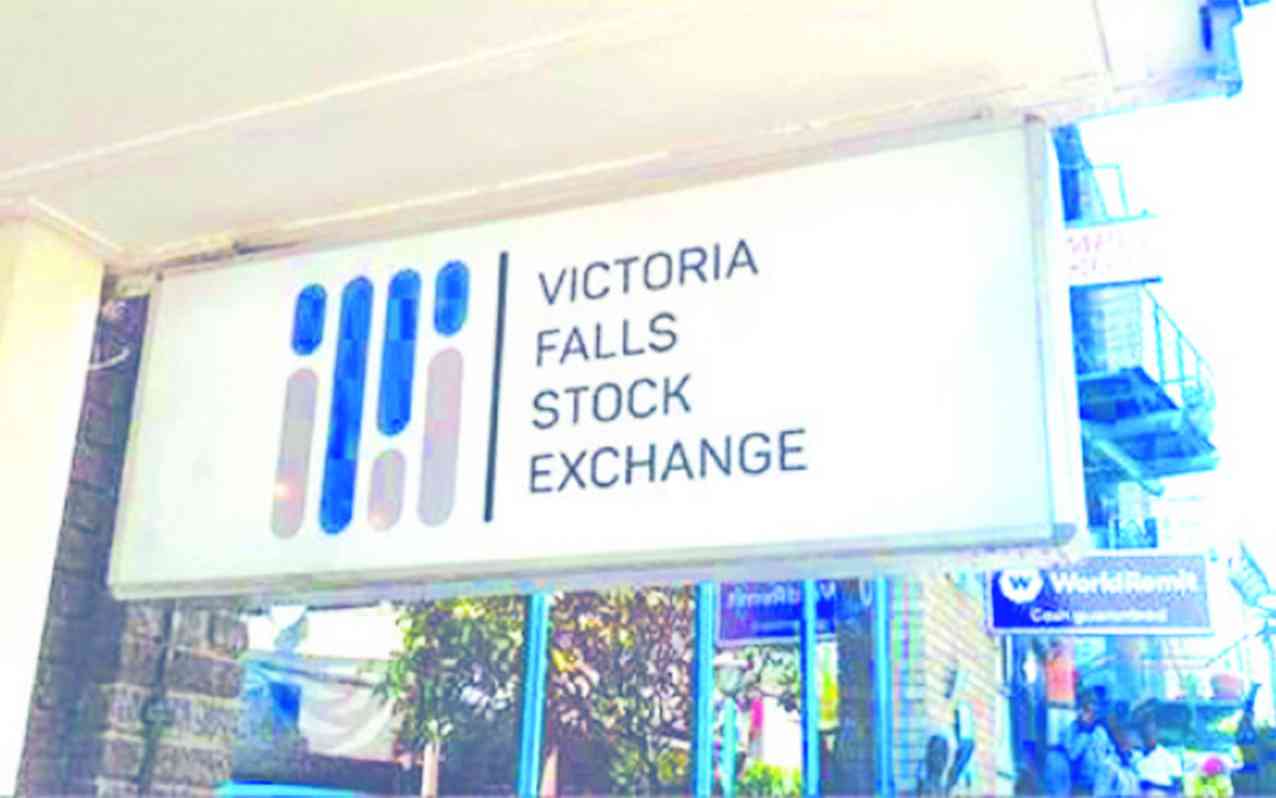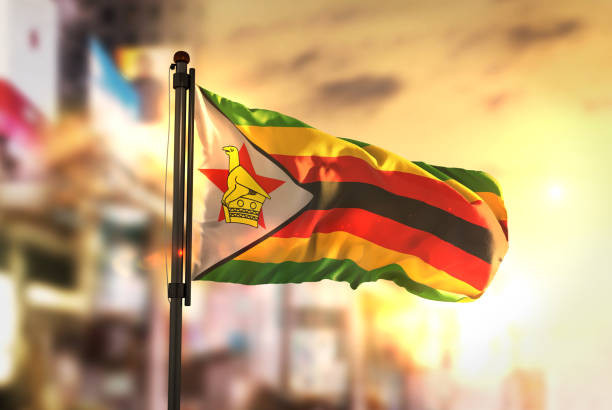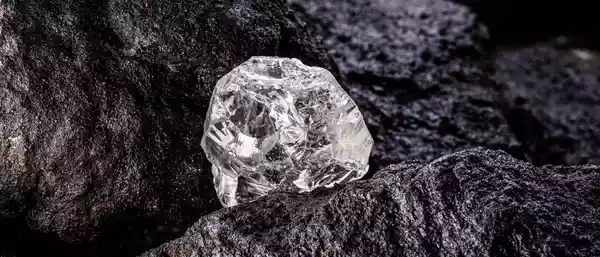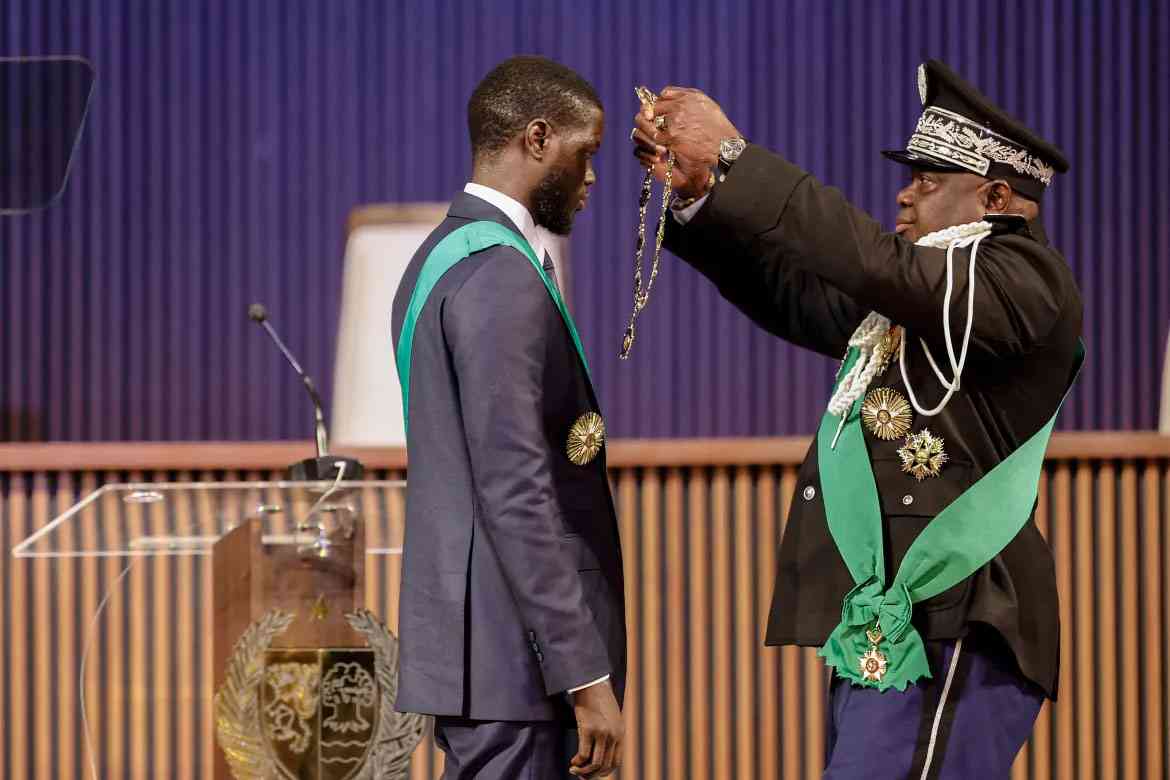
THE crisis in Senegal, the one country in West Africa that has never had a military coup, has passed. Few people outside Africa were paying close attention, but I am sure you will be pleased to know that democracy has survived.
Lucky Senegal does not even have an Islamist insurgency killing hundreds or thousands of people a month. (Most other countries in the ‘Sahel’ belt – just south of the Sahara – do.) In fact, the recent turmoil in Senegal did not involve soldiers at all, just an elected president who wanted to overstay his welcome.
Amidst the violence and misery that plague the rest of the Sahel, Senegal is a beacon of hope: very poor, to be sure, and with an exploding population (the median age is 19), but it is peaceful and democratic. It even has reasonably efficient public services, good roads and a high-speed train.
Nowhere else in the Sahel has those things, but Senegal’s relative success tells the other countries of the Sahel that they are not cursed. They could hope to have those things too, if only they could get their act together. A slim hope, maybe, but better than nothing, so the crisis in Senegal really got the attention of other West Africans.
Senegal’s President Macky Sall, nearing the end of his second term in office, tried to postpone the next presidential election, legally scheduled for last February. His chosen successor seemed certain to lose and he could not legally run again, so most people assumed that Sall was planning to hang on to power illegally.
Maybe he was and maybe he was not, but youthful protesters came out on the streets, and 16 were shot dead by the police. Some opposition leaders were jailed on questionable charges. Everybody has seen this movie, and it does not usually end well – but this is Senegal, and the players changed the script. The Constitutional Council (a panel of senior judges) ruled that the election must be held on time. Macky Sall accepted the judgement and agreed to leave power.
The election went off peacefully last week, and the opposition candidate, Bassirou Diomaye Faye, won with 54% of the votes. A happy ending, or so it would seem.
However, the new president is just a stand-in for the real opposition leader, Ousmane Sonko, who could not run for president because of his recent conviction for “acting immorally” towards a 20-year-old massage therapist. (He was cleared of raping her, though she claimed that he did.) Does this case remind you of some American politician?
- Letters:Will the removal of sanctions restore democracy in Zim?
- A look at Africa’s teams heading to Qatar for the FIFA World Cup 2022
- Brito tips Brazil, Portugal for World Cup
- Can an African team win the World Cup?
Keep Reading
Sonko is adored by the radical youth of Senegal, who have lots to be radical about because they can see no jobs in their future. (More than 60% of the population is under 25.) Sonko is a ‘firebrand’ who says things like “those who have ruled Senegal deserve to be shot,” and promises to make things better by breaking things.
It is a marriage made in Heaven (although Sonko is actually 49 years old). He rants and the alienated youth cheer. His political style, in fact, is quite similar to Donald Trump’s, although neither man would welcome the comparison. Trump is most appealing to the old, ignorant, and angry; Sonko appeals to the young, ignorant and desperate.
So this may really be the swansong of Senegal’s half-century of democracy. It always seemed likely to develop in that direction, rather than other West African countries ‘leveling up’ to Senegal’s standard.
Sonko will be happy to read the funeral service. Every country has problems, but these countries have every problem at once. They have a heritage of brutal colonialism. Education for most is basic. Health care is virtually non-existent in rural areas.
Corruption is rampant (mostly because people are so poor).
There have been six military coups in West Africa in the past three years: one each in Guinea and Niger and two each in Mali and Burkina Faso. Every one of these countries except Senegal is besieged by Islamist fanatics who belong to al-Qaeda or Islamic State, and now Russian mercenaries are adding to the carnage.
It sounds trite to say it, but the only escape route from all this is economic growth: growth that will create the jobs, the schools and the hospitals, which will in turn will create a workforce that has the skills – well, you know the rest.
West African economies are actually growing, with a couple of exceptions, but the high birth rates throughout the region mean that per capita income is stagnant or declining in the Sahel countries.
Even Senegal’s population is growing at 2,5%; Niger is at 3,7%. What West Africa needs is a virtuous circle of growth. What it has is the biggest vicious circle in the world.
- Dyer is a London-based independent journalist. His new book is titled The Shortest History of War.

